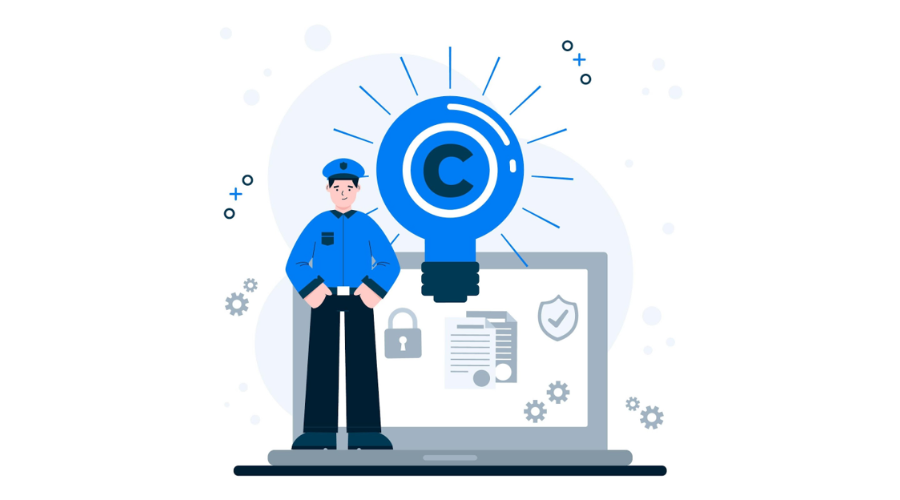WhatsApp has thrown its support behind Apple in a major legal dispute with the UK Home Office, centered on the right to access user data. The Home Office asked for access to encrypted data, saying it’s for national security. Apple refused and took them to court, saying it’s a threat to user privacy worldwide.
Now, WhatsApp has filed to intervene in the case. Will Cathcart, WhatsApp’s head, said it sets a “bad precedent” and will encourage other governments to do the same, weakening encryption globally. Civil liberties groups, tech companies, and US officials are worried the UK’s stance will undermine digital security beyond its borders.
The heart of the issue: encryption versus access
At the core of the legal battle is Apple’s Advanced Data Protection (ADP) system, which applies end-to-end encryption (E2EE) to users’ data stored in iCloud, such as photos and notes. Even though the tech company is permitted to view the data, E2EE guarantees that only the user has access to it.
Agencies can access some data through court orders, but encrypted data is inaccessible unless companies create a system to bypass encryption, often referred to as a “backdoor.”
Tech companies like Apple and WhatsApp have long resisted creating such backdoors. They argue doing so would weaken security for all users and open the door to exploitation by hackers or hostile governments. In 2023, WhatsApp stated it would rather be banned in a country than compromise encryption standards.
Legal complexities and global implications
The UK government asked Apple through a Technical Capability Notice (TCN) to build a backdoor into iMessage. While neither Apple nor the Home Office has confirmed this, Apple is suing to have the TCN overturned.
Government lawyers are trying to keep the whole thing secret, citing national security. But in April 2025, a judge ruled that some parts of the case should be made public, saying that transparency is important in big decisions like this.
It’s got both sides of the Atlantic upset. US intelligence officials and lawmakers are saying the UK’s position will weaken global cybersecurity. Civil liberties groups like the Open Rights Group are welcoming WhatsApp’s involvement in the case. Jim Killock, the group’s executive director, said it shows broad concern about the threats to global privacy and wants the court to hear from multiple organizations.
Safety vs. privacy
The Home Office says it’s all about keeping us safe from serious crimes like terrorism and child abuse. In a statement, they say these powers are only used under strict oversight and in extreme cases.
But the growing backlash from the tech industry and the world suggests the UK’s approach has unintended consequences. As more companies stand up, this is becoming a moment of truth in the global debate about where to draw the line between privacy and national security.
The court’s decision will not just affect Apple and WhatsApp; it will define how we’re protected (or not) for years to come.






